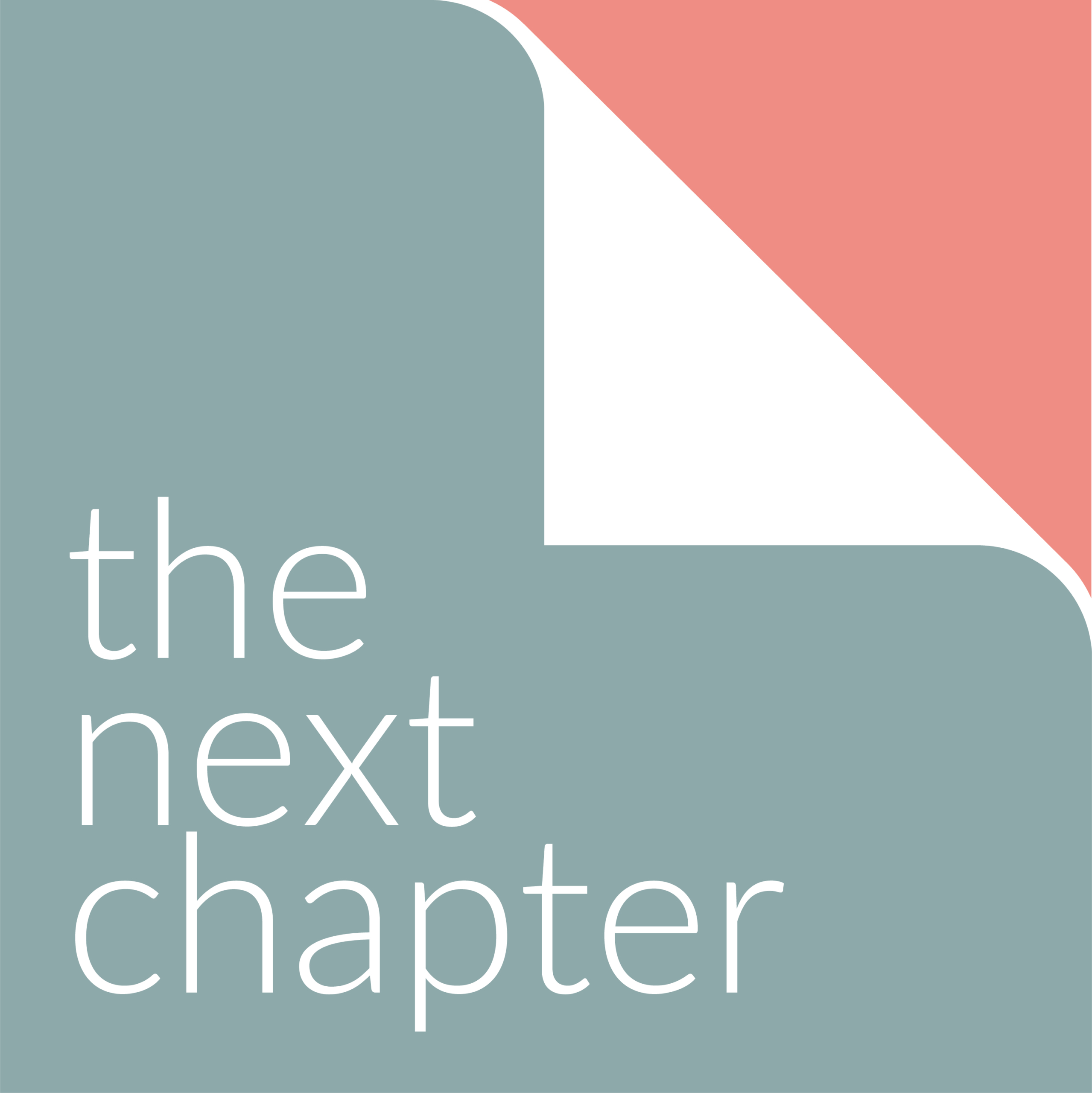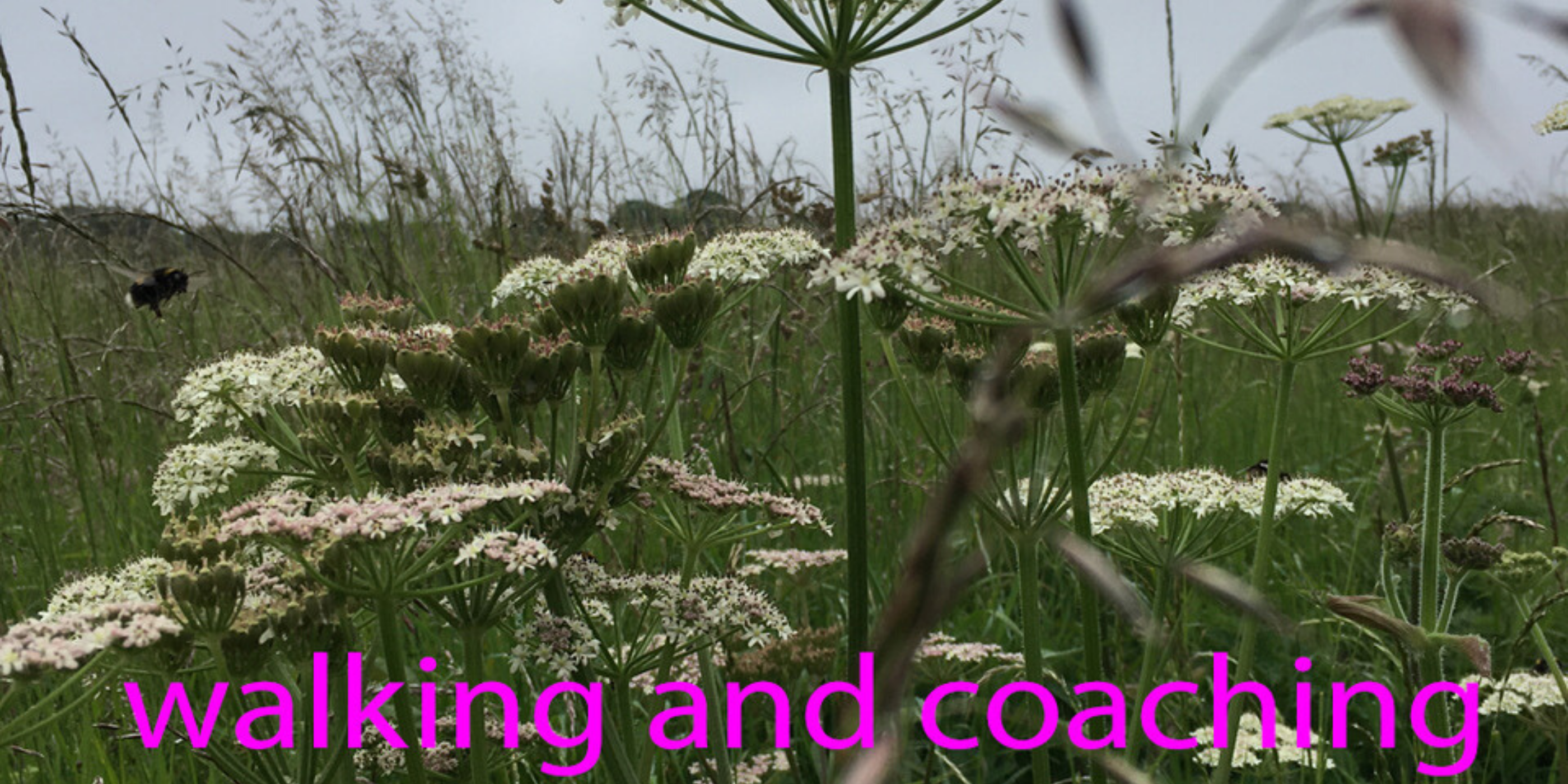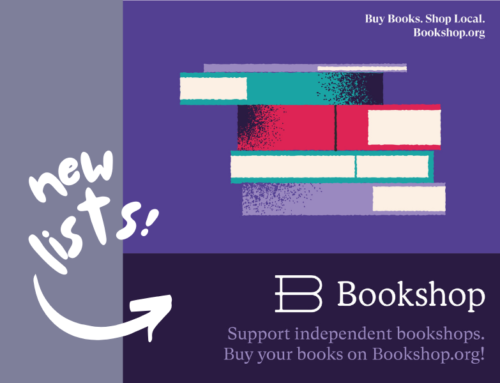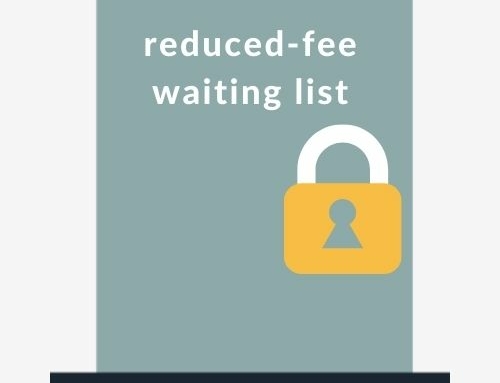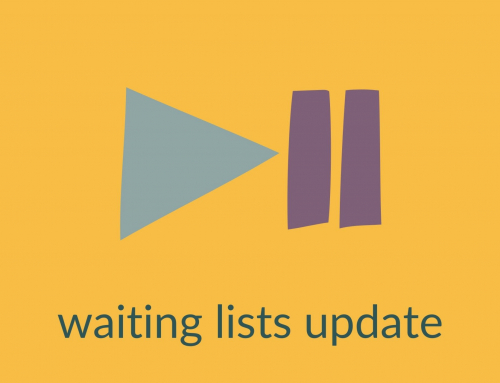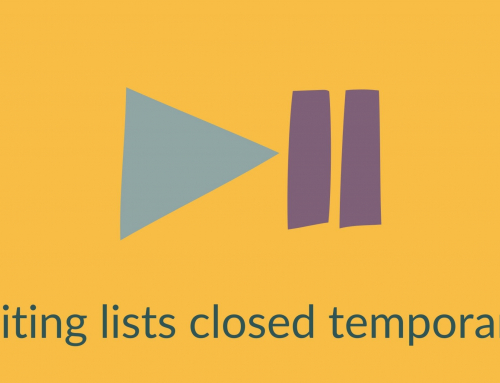Coach Jenny Pope is now offering outdoor appointments
“I like walking because it is slow, and I suspect that the mind, like the feet, works at about three miles an hour.” (Rebecca Solnit, Wanderlust: A History of Walking)
Jenny says,
During these uncertain times I realise that getting space to think and be creative about options and choices is essential. Being in nature offers a brilliant perspective on life, as does the physical act of walking and being aware of our surroundings. I am offering local clients a walking alternative to indoor sessions. This is a coaching conversation, as usual, but outdoors, either walking or sitting. This could start from outside The Next Chapter and lead us through Dean Village, and the Water of Leith, or somewhere else of your choice, within Edinburgh. A Zoom call is always available as plan B if weather really not suitable to meet, although being outdoors is valuable at any time of year.
I’d love to hear from you, please email info@jennypope.com to discuss further.
